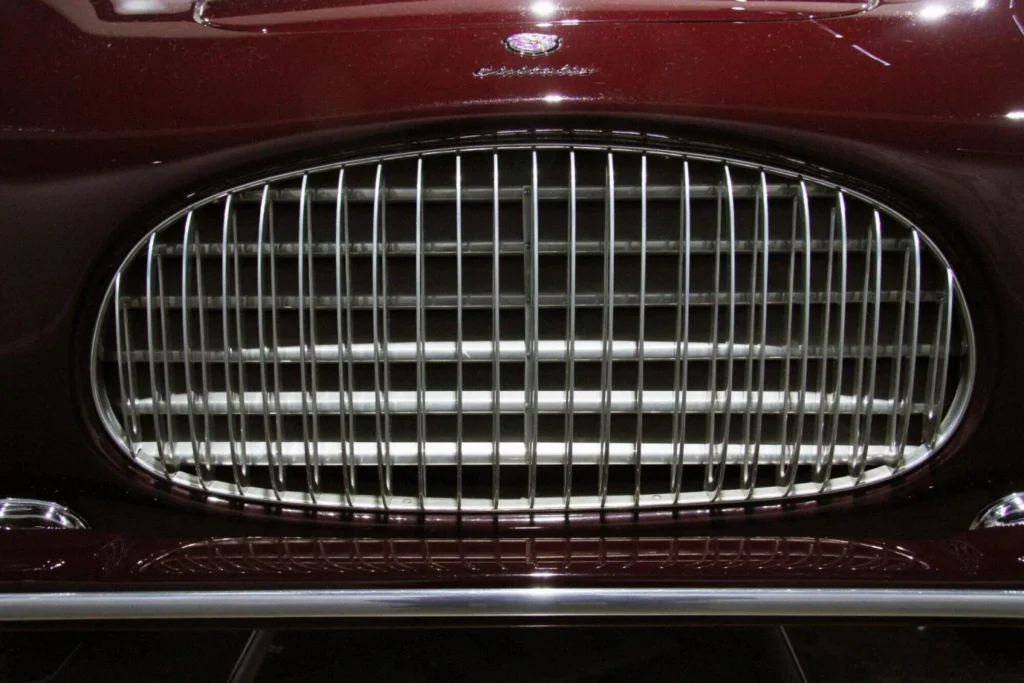When you think about your vehicle’s health, you might picture the engine or tires. But another important part you need to pay attention to is your car’s radiator.
The radiator plays a vital role in keeping your engine cool and running smoothly. If it fails, you could be looking at some expensive repairs down the line.
Understanding how to take care of your automotive radiator can save you time, money, and hassle.
How Does a Radiator Work?
Your vehicle’s radiator is a part of the cooling system. It helps maintain the engine’s temperature by dissipating heat.
Here’s how it works: as your engine runs, it produces heat. The coolant, a special liquid, flows through the engine, absorbing this heat. The hot coolant then travels to the radiator.
Inside the radiator, the heat transfers from the coolant to the air outside the vehicle. This cools the fluid, which then returns to the engine. This process continues, keeping your engine at the right temperature to avoid overheating.
Signs Your Radiator Needs Repair
It’s essential to keep your radiator in good shape. If it’s not working correctly, you can encounter several problems. Here are some signs to watch out for that might indicate your radiator needs repair:
Overheating Engine
When your engine begins to overheat, it’s often one of the first warning signs of radiator issues. The radiator’s job is to regulate engine temperature by cooling the coolant, so when it fails, heat builds up quickly. Ignoring this problem can lead to severe engine damage and costly repairs.
Coolant Leaks
Coolant leaks are easy to spot because the fluid is usually bright green, orange, or pink. If you notice puddles forming under your vehicle, your radiator or its hoses may be the culprit. Leaks reduce coolant levels, making it difficult for the system to maintain proper engine temperature.
Strange Noises
Unusual noises like gurgling or hissing are strong indicators that something is wrong with your radiator. These sounds often happen when air gets trapped in the system or when coolant starts to boil. If left unchecked, the problem can escalate into overheating or complete radiator failure.
Rust and Corrosion
Visible rust or corrosion on the radiator is a clear red flag. Over time, rust can eat through the metal, creating weak spots that may lead to leaks. Addressing corrosion early can save you from needing a full radiator replacement later.
How to Maintain Your Radiator
Taking care of your radiator can prevent many issues. Here are some easy maintenance tips to help keep your radiator in great shape:
Regular Inspections
Check the radiator and coolant levels periodically. Make sure the coolant is filled to the proper level and that it’s not dirty or rusty.
Over time, rust and debris can collect in the radiator. A flush involves draining the old coolant, cleaning the radiator, and adding new coolant. This helps prevent build-up and keeps the engine cool.
Check Hoses and Connections
Inspect the hoses and connections that lead to and from the radiator. Look for cracks, leaks, or signs of wear. Replace any damaged hoses to prevent coolant loss.
Make sure you are using the manufacturer’s recommended coolant. Using the wrong type can lead to rust and corrosion inside the radiator.
When to Seek Professional Help
Sometimes, radiator issues can be complex and require a professional touch. If you notice significant problems, it’s best to seek help.
If your engine continues to overheat despite adding coolant, it may be time for an expert. There could be a blockage or an issue with the radiator itself that needs further investigation.
If you find yourself constantly adding coolant or if leaks keep reappearing, that’s a clear sign to call a professional. They can identify the source of the leaks and make necessary repairs.
If you smell burning coolant or hear unusual noises coming from the radiator area, don’t ignore these warnings. A professional should check these signs as soon as possible.
If you suspect your radiator needs help, don’t delay. You can always check Dickerson Automotive radiator repair for trusted repairs and advice. Remember, a healthy radiator means a happy engine!
DIY Radiator Repair Tips
If you’re feeling confident and want to try some basic radiator repairs yourself, there are some steps you can take. However, always remember to be cautious and prioritize safety:
Assess the Situation
Before you start any repair, identify where the problem lies. Are there leaks? Is the coolant low? Understanding the issue will help you address it effectively.
Tighten Connections and Hoses
Sometimes, the solution is simple. Check for loose connections or hoses. Simply tightening them can stop leaks and improve performance..
There are products available that can temporarily seal small leaks. These sealants can be poured into the radiator and may help stop minor leaks until a professional can fix the problem.
Understanding Costs of Radiator Repair
Repairing or replacing a radiator can vary in cost, depending on several factors. The make and model of your vehicle, the severity of the damage, and labor rates in your area all play a role. Generally, if you just need a simple repair like a hose replacement, it could be relatively inexpensive.
However, if you need a full radiator replacement, prepare for a higher cost. Replacements can range from $300 to over $1,000, depending on your vehicle. Always get multiple estimates from repair shops to ensure you’re getting a fair price.
Importance of Radiator Repair for Vehicle Longevity
Caring for your radiator is crucial not just for immediate performance, but also for the longevity of your vehicle. Regular maintenance and timely repairs can extend the life of your automotive system and prevent costly breakdowns. When your engine runs cool, it operates efficiently and lasts longer.
Moreover, a well-maintained radiator can enhance your vehicle’s performance, improve fuel efficiency, and provide a safer driving experience. Neglecting it can lead to overheating engines and major mechanical failures that could leave you stranded or facing hefty repair bills.
Wrap-Up and Next Steps
Taking care of your vehicle’s radiator can seem challenging, but it doesn’t have to be. With regular maintenance and attention to signs of trouble, you can keep your automotive system running smoothly. Whether it’s checking levels, flushing the radiator, or seeking professional help when needed, every action counts.
If you’d like to learn more about what we have to offer, then feel free to visit our website and read more.

Lexy Summer is a talented writer with a deep passion for the art of language and storytelling. With a background in editing and content creation, Lexy has honed her skills in crafting clear, engaging, and grammatically flawless writing.



